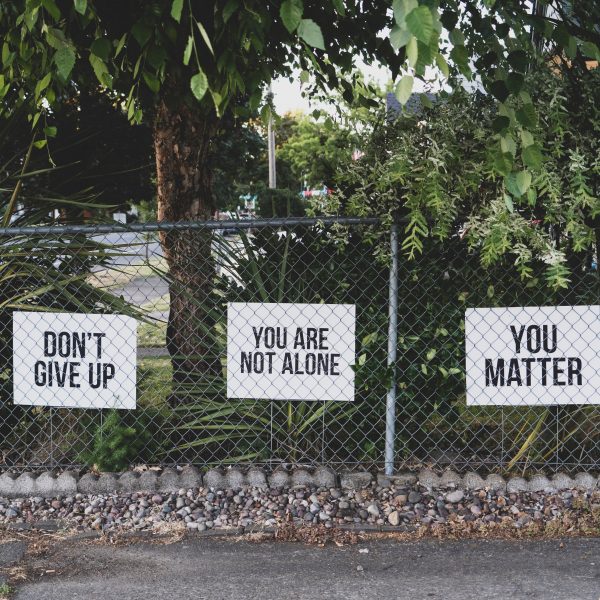Is loneliness eroding the wellbeing of your team? Research points to yes

Medibank has released new research revealing that as the pandemic enters its third calendar year, not only are more Australians self-reporting as feeling lonely, they are feeling lonelier for longer.
With the ongoing challenges of COVID-19 in an early childhood education and care (ECEC) context, and with educators playing such a vital role in supporting children’s wellbeing and guiding families through the many changes, noting those team members who are feeling isolated and lonely can support leaders to ensure that more than just lip service is being paid to the wellbeing of the team.
The research found that one in three Australians are classified as experiencing high-level loneliness, and young and single Australians are the most lonely – a finding of interest to the sector given the higher proportions of younger educators when looking at the sector as a whole.
Speaking to over 1,000 Australians, the research reveals how loneliness has evolved from early pandemic times.
When it comes to recognising feelings of loneliness, the vast majority of Australians surveyed (two in three) find it hard to spot loneliness in themselves or in others. Lack of understanding around the issue is prevalent, with many Australians facing challenges in identifying and describing loneliness.
Dr Frederic Kiernan, a researcher at the University of Melbourne, said “Loneliness is a complex feeling and while not all loneliness is created equally, the pandemic has certainly amplified how many people experience it and how often.”
The new research highlights the misconceptions and misunderstandings around the loneliness experience, and also the denial that so many struggle to face. Now more than ever, people, including ECEC professionals will need new ways to support their mental health and, as a result, improve their physical wellbeing.
Barriers to addressing loneliness
The research also found, when it comes to reducing the loneliness experience, top barriers are fear of burdening others (28 per cent), finding the words to describe the feeling properly (22 per cent) and feeling that people won’t ‘get it’ (20 per cent).
To explore the theme of loneliness and drive positive conversations around mental health and wellbeing, Medibank has announced the launch of a podcast series, We Are Lonely, which features in-depth interviews with Australian artists, actors and entertainers.
Actor Hugo Weaving joins the episodic line-up alongside Patricia Piccinini, Darren Hayes, Tash Sultana, and Yorta Yorta rapper Briggs, who reveals stories from his childhood and music career, as well as what loneliness means to him.
“I think that loneliness is about that lack of connection with someone else or what’s around you, and trying to differentiate what’s loneliness, what’s isolation, and alienation as well. I feel more isolated than I do lonely,” Briggs said.
All episodes explore guests’ personal experiences with loneliness and provide insight into how these feelings are an experience shared by everyone.
Listen to the Medibank We Are Lonely podcast on Spotify and Apple Music. For more information, please visit www.medibank.com.au/wearelonely.
Popular

Policy
Practice
Quality
Provider
Research
Safety starts with supervision: responding to real risks in ECEC
2025-07-07 10:30:58
by Fiona Alston

Policy
Provider
Practice
Quality
Jay Weatherill appointed to co-lead urgent review into childcare safety in Victoria
2025-07-07 07:24:04
by Fiona Alston

Quality
Practice
Provider
Workforce
Reclaiming Joy: Why connection, curiosity and care still matter in early childhood education
2025-07-09 10:00:07
by Fiona Alston













